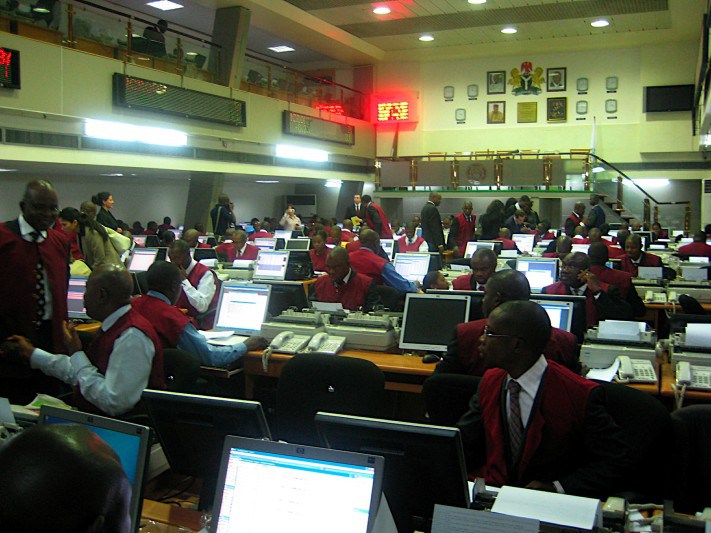By Omobayo Azeez
Director general of National Pension Commission, Aisha Umar-Dahir has lamented that poor performances in the Nigerian capital market complicated the operating environment for Pension Funds Administrators (PFAs).
She noted that the market contribution to the difficult operating environment was felt more as the market failed to provide PFAs with viable investment opportunities.
She told journalists that pension administrators faced a considerably challenging 2019 due to the negative performance of the NSE All-Share Index (ASI) which made it difficult for PFAs to find eligible stocks to invest in, making them to resort to other alternative investments However, they tried to resort to other alternative investments.
Umar-Dahir said: “The operating environment has been quite stable with the exception of the investment horizon, which has been significantly affected by the downturn of economic indices.
“This has affected the universe of eligible securities and marked a major shift away from the capital market due to the significant decline of the All Share Index. This challenge has encouraged the commission to intensify its efforts at encouraging eligible alternative investments by the PFAs.”
Note that these other alternatives Dahir referred to included huge investments by the PFAs in FGN securities, and these investments recorded high yields, altogether growing the pension assets by N1.27 trillion in ten months.
PenCom reported recently that as at the end of Q3, 2019, PFAs had staked N6.84 trillion which represents 71.43 per cent of total asset under the contributory pension fund.
By that time, the pension asset had grownto N9.58 trillion at the end of the third quarter 2019 and 71.43 of this was invested in less risky FGN bonds, treasury bills, agency bonds, Sukuk bonds and green bonds.
According to PenCom’s report, a total of N125.24 billion or 1.31 per cent of the funds was invested in state government securities, while N492.08 billion and N65.14 billion was invested on domestic ordinary shares and foreign ordinary shares, respectively.
This indicates that the PFAs have been disinterested by the situation in the equities as the equities in the nation’s bourse continue to lose value on with no respite in sight.
Speaking in the same vein, Azeez Lawal, head of capital market research at Bancorps Limited told business a.m that in view of the current downturn in the equities market, pension funds administrators would rather stake their funds on fixed assets with 2 per cent yield than investing same on equities.
Meanwhile, Umar-Dahir further said that pension assets had grown by an average of N117 billion on a monthly basis between January and October 2019.
“This was possible despite the economic conditions in the country. The actual size of the assets was N8.64 trillion as at 31 December 2018, which grew to N9.81 trillion as at 31 October 2019. This shows that the assets had grown by N1.27 trillion in 10 months.
“Indeed, the growth was achieved due to heavy exposures of the PFAs in FGN securities and the relatively very high yields during the year, while investments in equities came down to just below 5 per cent in October due to the prevailing performance of the stock market indices,”she explained.
The PenCom boss further said that registration for the retirement savings account has continued to increase by an average of 40,000 new registrators every month.
As of October ending, she said about 8.8 million people have registered, adding that even though this is a far cry from the 20 million target that was set for 2019, it is still something.
Despite the efforts being made by PenCom to position Nigerian pension assets for success, there is still a major problem posed by rising inflation.
Unfortunately, high inflation rate continues to be a major problem for the Nigerian economy in the meantime as the latest inflation report by the National Bureau of Statistics (NBS) showed that the country’s inflation rose to 11.85 per cent in November.









